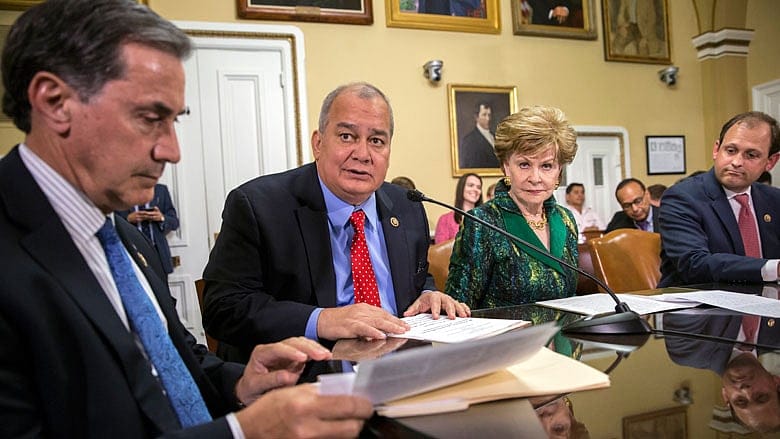With debt payment looming, House weighs Puerto Rico bill

WASHINGTON (AP) — House Republican leaders and President Barack Obama pressured lawmakers in both parties to back legislation to help ease Puerto Rico's financial crisis as the U.S. territory faces a $2 billion debt payment in just over three weeks.
The House was scheduled to begin debate Thursday on a bill that would create a financial control board and restructure some of Puerto Rico's $70 billion debt. Republican and Democratic leaders support it, as does the Obama administration, but it faces opposition from both sides, as well, as some bondholders, unions and island officials who have lobbied against the bill.

